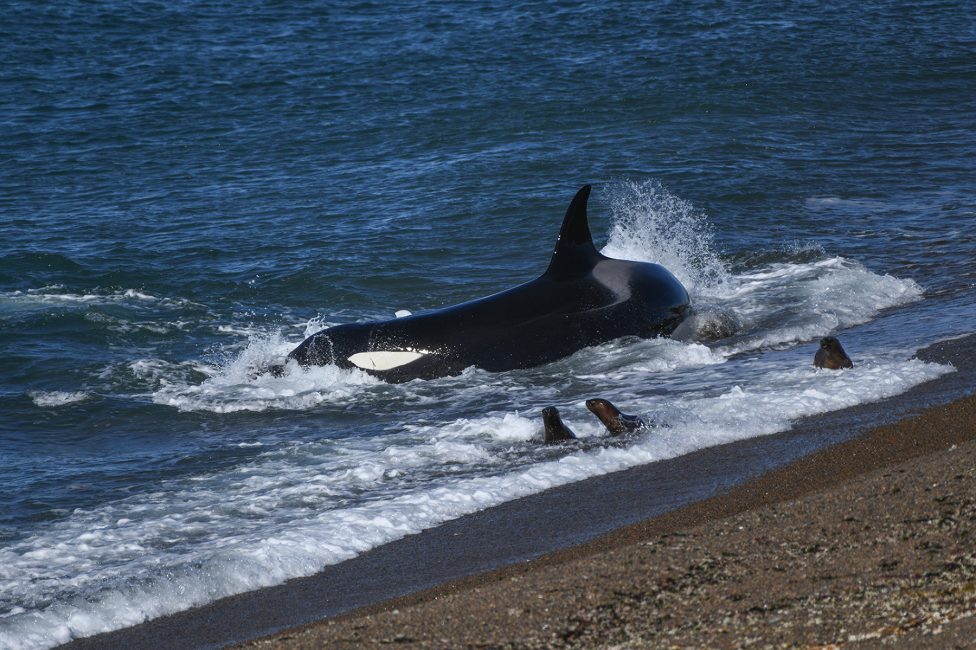
April 15, 2024
Daredevil Ocean Hunters
- as seen by -
 Graham Harris
Graham Harris
“Here they come!”
Black dorsal fins slice through the waves as five orcas (Orcinus orca) swim into view on the coast of Punta Norte, Peninsula Valdés, in southern Argentina. A ripple of excitement runs through a crowd of almost three hundred people gathered on the nearby tourist trail. Minutes later one of the orcas swims swiftly towards shore, grounding itself in the shallow water to capture a sea lion pup. The orca then twists its body, thrashing its flukes violently to return to deeper water, and it swims back out to sea. Over the next two hours, a dozen similar attacks take place. Each is followed by a game of “cat and mouse” during which several orcas repeatedly release and recapture their pathetic prey, before finally killing and consuming it. This behavior is powerful, dramatic, and cruel. But horrifying as it is, even with this level of predation by orcas, South American sea lions on Peninsula Valdés have increased steadily and consistently in number since commercial harvesting of this species was stopped, in 1953. More than 250,000 adult sea lions were slaughtered for their oil and skins in this region during the first half of the twentieth century. Even though we no longer hunt them, the prize for the worst sea lion predator of all time is held by us humans.
Since the 1960s, the Wildlife Conservation Society has played a leading role in the conservation of the extraordinary wildlife of Peninsula Valdés and other areas on the coast of Patagonia, and populations of many species have recovered. However, orcas, sea lions, southern right whales, southern elephant seals, and Magellanic penguins on the coast, and guanacos, maras, and rheas in the interior, now face a growing suite of conservation challenges. The needs and demands of land management and sheep farming, the unconstrained access of people to fragile beaches, competition by offshore commercial fishing, the impact of climate change, and more recently, damage caused by avian influenza, conspire against the future of these animals. WCS is committed to working with the government of the province of Chubut, Argentina, to ensure the effective management of the Peninsula Valdés protected area, a UNESCO World Heritage Site and Biosphere Reserve, so that its wildlife is safeguarded.
Nikon D850 with 200-500mm Nikon lens
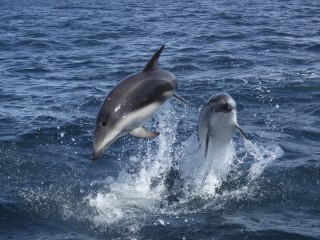
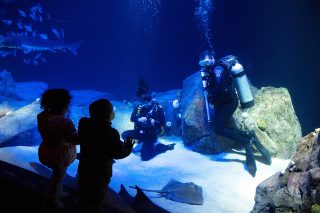
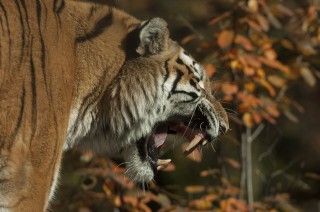
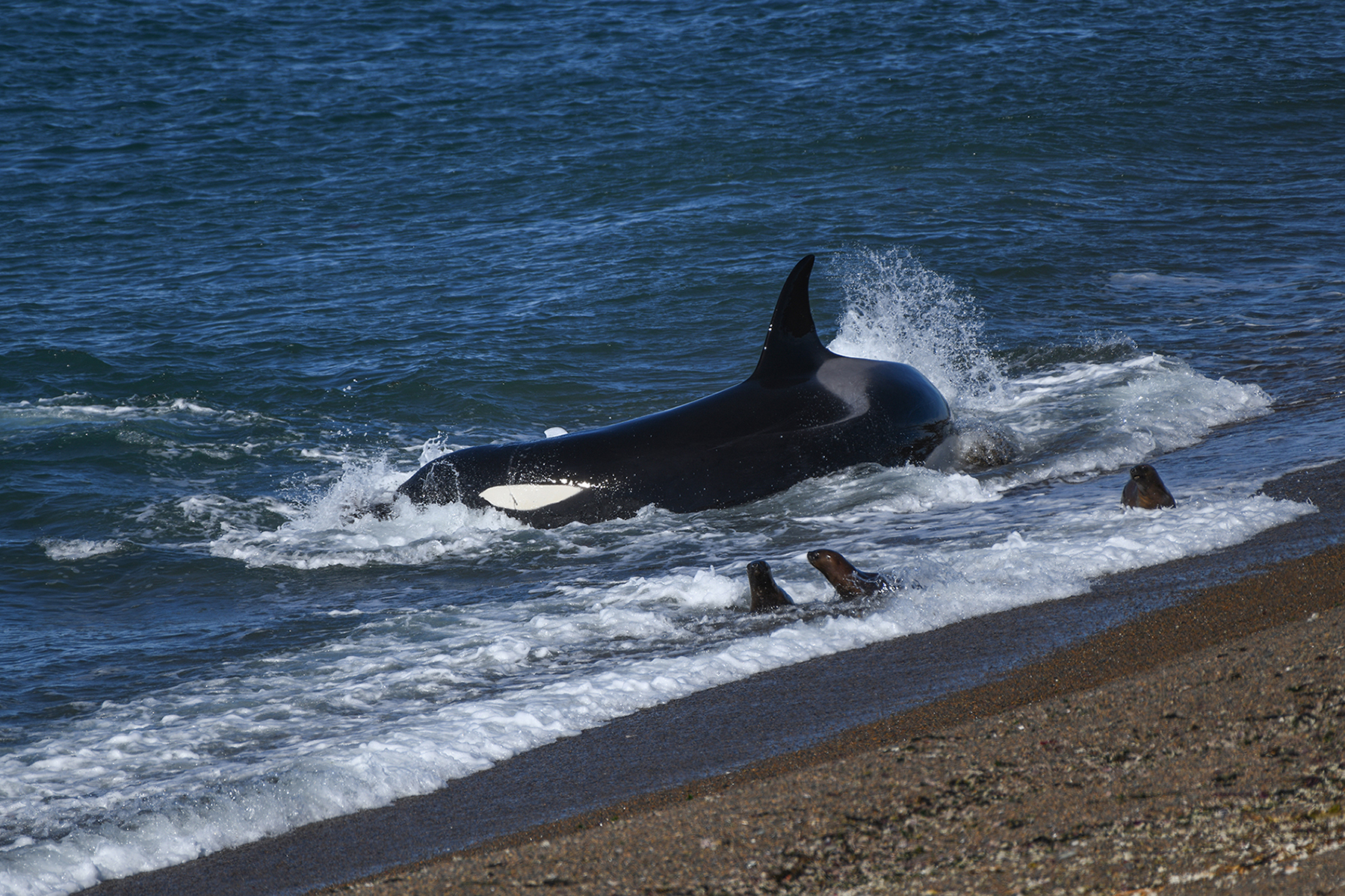
Leave a Comment